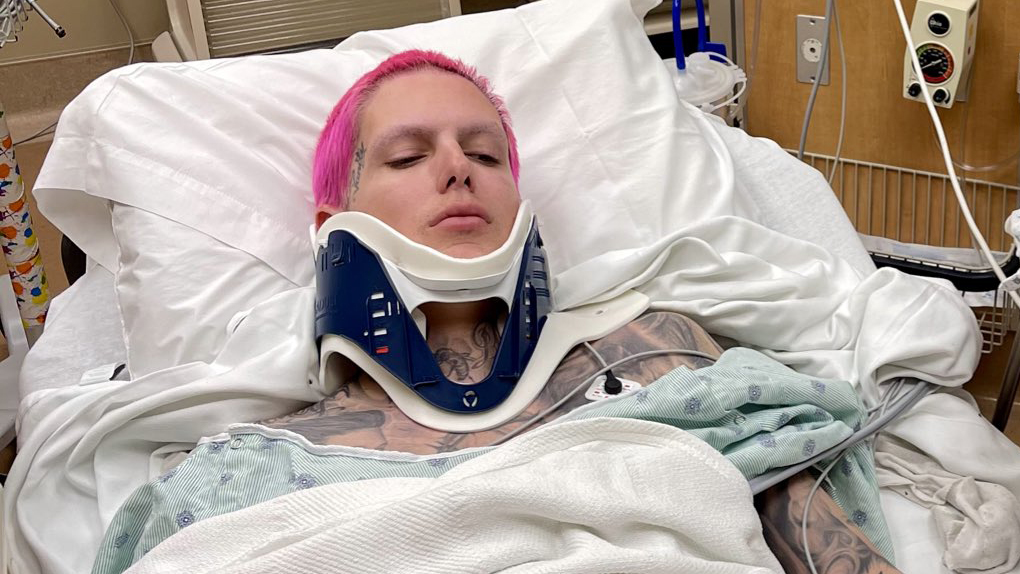When I found out YouTuber and influencer Jeffree Star had gotten into a car accident, two things went through my mind: “I hope he is not severely injured,” and “Twitter is going to have a field day with this.”
Social media was swamped with memes making fun of Star’s accident, which occurred on April 16 and put him in a hospital. From cakes of him in his hospital bed to edits of a picture of him with the lyrics “I crashed my car into a bridge” from Icona Pop’s song “I Love It,” nothing seemed to be off-limits.
When I saw the memes, I felt an intense moral dilemma. Part of me thought, “Wow, I feel so bad. This man is literally hospitalized, and people seem to be cheering on his injury.” But, the other part of me thought, “These memes are hilarious, and I can laugh.”
While I don’t personally know Jeffree Star, I know enough about him to know about his deeply problematic life. From old videos of him using racial slurs to recent articles disclosing hush money paid to victims he allegedly assaulted, I am acutely aware he’s not a good person.
[Who are Tramp Stamps and why do they suck?]
This whole situation sparked a debate within me. I asked a few friends: Is it okay to laugh when bad things happen to bad people?
I ended up sending memes back and forth to a friend. We both thought the situation was too great to not be laughed at. I saved face morally by refraining from hitting “Like” on the tweets.
While debating the moral issue at hand, a friend of mine mentioned the concept of schadenfreude to me. Merriam-Webster defines the word as “enjoyment obtained from the troubles of others.”
“Schadenfreude” seemed to perfectly sum up the situation. Clearly, people were using social media to express schadenfreude towards Star’s misfortune.
The concept of schadenfreude is nothing new to popular media. TV shows such as America’s Funniest Home Videos, Wipeout, Tosh.O and Ridiculousness are all programs that profit off of the concept of laughing at other people’s pain.
Part of me never really enjoyed these shows. I’d see these people be put in situations where they could seriously injure themselves, and I’d watch while others around me were laughing. There were some moments where I’d let out a chuckle or two myself, but more often than not, I sat and watched in horror.
[“No mourners, no funerals”: Will Netflix’s adaptation of ‘Shadow and Bone’ be a success?]
But I didn’t know anything about the people on those shows. I could assume they were angelic human beings who didn’t deserve to get hurt — but with Star and all of his controversies, it’s not that easy.
What this moral dilemma all comes down to is intent. If your plan is solely to wish ill-will on a celebrity or public figure, then it’s probably not alright. None of the funny memes I saw said they wish Star had died or gotten injured worse than he was — they just poked fun at the situation. So I say, if you’re just laughing at the situation without wishing Star any harm, then it’s okay to laugh.
However, I will say acknowledging there is some negative intent is important in this situation, as it’s inevitable there is some ill-will backing the memes.
But good and bad is not a binary concept — it has a gray area. No person is categorically good, just as no person is categorically bad.
So, the next time a not-so-great celebrity gets injured and you might want to laugh, remember the concept of schadenfreude — maybe it’s not entirely wrong.



